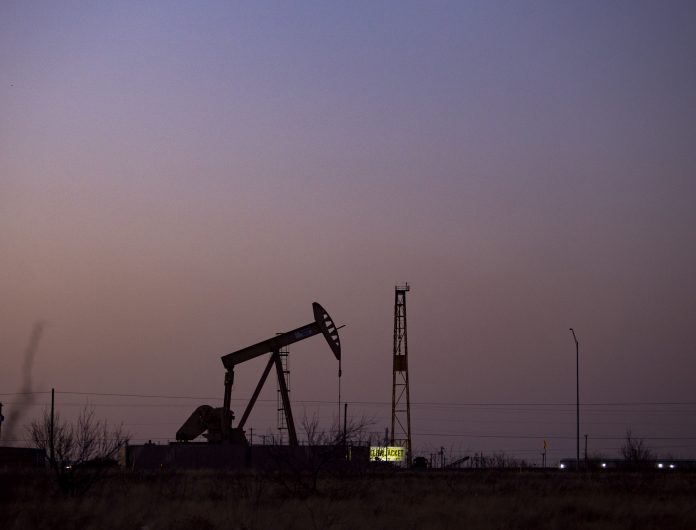The American energy industry remains hobbled by inadequate investing while its long-term importance is obscured by the political clouds of the moment.
Waco economist Ray Perryman and Texas Independent Producers & Royalty Owners President Ed Longanecker say the Biden administration’s emphasis on short-term investments to give the industry a short-term boost is myopic.
“There has been some improvement, but not a dramatic shift,” Perryman said. “The more problems we see with short supplies and high prices, the more attitudes are shifting toward acknowledging the long-term need for oil and gas.
“The U.S. Energy Information Administration projects that we will need conventional fuels for decades, if not longer. At the same time, there has been some acknowledgment that electric vehicles are an important part of the solution but not a magic response to climate issues because the power for them has to be generated and delivered from various sources, including natural gas.”
However, Perryman said a subtle shift may be underway. “Some large institutional investors are staying on the sidelines because they were burned by the pandemic’s dramatic effects and they’re reluctant to invest while others embrace the climate-driven investment strategies that often preclude oil and gas projects,” he said.
“Recent statements from Washington about oil and gas being needed for 10 more years are off by decades and are designed to spark short-term investment. But they fail to recognize that the size and nature of many commitments require a much longer window.
“The bottom line remains that less money is available than we would like. Ultimately, reality will win out and markets will dictate that the assets be developed, but that takes time in the current environment. It’s a transition period in some ways.”
Perryman said energy investments will ultimately be profitable for companies and shareholders. “As long as the economic analysis continues to indicate returns high enough to fund projects and compensate for risk, resources will be committed over time,” he said.
“Industry executives are optimistic about the year to come and are entering it with healthy balance sheets for those who have been selling into this higher priced market. Some of the largest companies are consolidating and expanding positions in the Permian Basin with plans to increase activity in the area.
“We’re also seeing pipelines coming online to take away natural gas and allow for greater production. All these signs are positive for the near-term outlook and are a harbinger for the future.”
Longanecker said from Austin that the Basin’s production “has long weathered many economic storms and is resilient.
“But if we want to continue defining our state and country as a global energy power, continued energy investment is needed,” Longanecker said. “Despite volatile markets, historic trends show that the need for natural gas is not going anywhere because domestic demand has risen almost 65 percent in the past two decades.
“Permian producers can continue breaking natural gas production records, but without more pipelines we can’t get that gas to demand centers. This winter, gas prices in the Waha Hub went negative because even as production surged to reach the climbing demand, there wasn’t enough offtake capacity.
“With existing pipelines under maintenance and the Freeport LNG facility out of commission for more than eight months, there was nowhere for that gas to go.”
Longanecker said oil and gas companies also need capital to handle supply chain issues.
“The Dallas Fed Energy Survey reported in the fourth quarter last year that supply chain issues and rig availability were still obstacles to increased production and that America’s peak capacity for liquefied natural gas exports of 14 billion cubic feet per day will more than double in the next five years,” he said.
On the plus side, Longanecker said the Permian Resources Corp. recently invested $100 million in leases in the Permian Basin and the upstream VPX Energy Partners announced its plan to acquire Delaware Basin Resources.
“The Northeast serves as a cautionary tale for lack of energy investment,” he said. “The New England region delayed or rebuffed gas pipeline projects to connect with the Marcellus Shale and in doing so created an imbalance of supply and demand,” he said. “Cities like Boston simply needed more gas than they could access.
“Between Nov. 2021 and March 2022, the New England region imported 17.8 billion cubic feet of LNG.”




